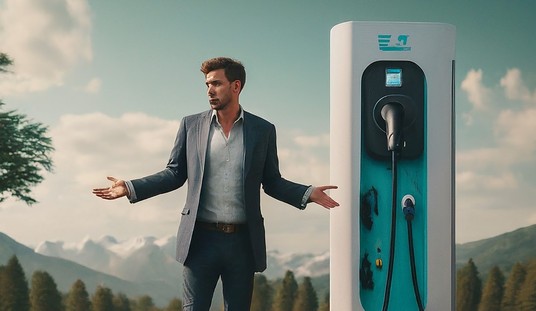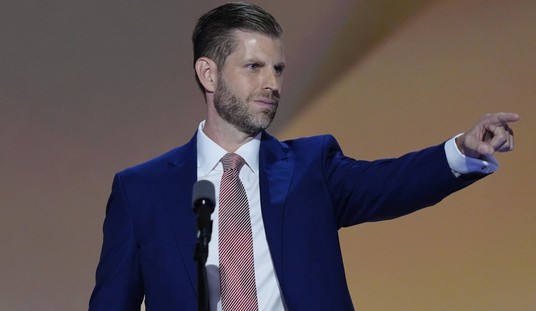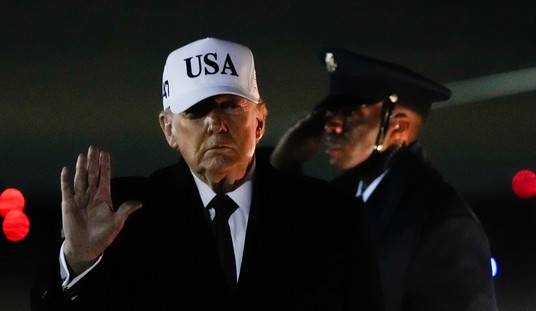We can’t always identify the source of unease. At times, a sense that something is “off” nags at the edge of our consciousness. We know that things aren’t quite right, or that something vital is elusive or absent.
I’ve had that sense about this election, a sense that went deeper than the obvious muck. I couldn’t put my finger on it.
Then I read this post from a friend of mine, retired journalist and former Republican operative Craig Westover:
There’s a word missing in this campaign – “peace.” No “peace with honor.” No “peace in our time.” Not even “peace through strength.”
It’s true. Peace was once the objective of American government. Jefferson stated that intent from the beginning. He wrote of securing rights “to effect [our] Safety and Happiness” and “to provide new Guards for [our] future security.” Life, liberty, and the pursuit of happiness stand as a pretty good definition of peace.
We need peace from domestic criminals. We need peace from foreign aggressors. We also need peace from those charged with peacekeeping. We should not fear our government. We should not lose sleep over who might be elected. We should rest confident that our institutions exist to provide guards for our future security.
So why are neither of the major party candidates talking about that? Trump talks about “making America great.” Clinton talks about being “stronger together.” But neither clearly defines their means or their ends. It’s “hope and change” all over again. What makes America great? Why was it ever great? How might we be stronger? To what end?
It’s not merely the lack of “peace” in rhetoric which proves troubling. There’s a lack of desire for peace among the electorate. Broadly speaking, we now have two constituencies struggling to control a bludgeon with which to bash the other. That’s why people are losing sleep. Everyone is fighting for their lives, almost literally, because the stakes of the election are such that the winner may freely violate the loser.
We seem to like it that way. We seem to relish the notion of shutting each other down, threatening each other’s livelihoods, and making each other pay. Long gone is any sense of loyal opposition. The political opponent is now the enemy. Our domestic politics is now war!
Is this really what we want? I have a hard time believing that. It’s not what I see taught in my son’s school. It’s not what I see modeled in our home. It’s not what I hear preached from the pulpit on Sunday. In those places, the everyday places, character still counts, and peace remains the goal. I have to believe that’s where most of us are, and what most of us believe. So how did we get to this point in our national politics?
The answer may prove complex, but can be diagnosed simply as oligarchy. By that, I refer not to some shadowy conspiracy of elite figures. The oligarchy I refer to is an oligarchy of extremes. A slim minority of Americans participate in the process which nominates candidates for president. In a culture which claims to value democratic processes, we leave the task of selecting our candidates to very few.
Those few tend to be the most ideologically motivated among us, which would be fine if their ideology was oriented toward peace. Unfortunately, today’s ideologues tend to be oriented toward war. For some, it’s a war between classes. For others, it’s a war of religion. We have a culture war, a drug war, a war on poverty, a war on crime. We have a type of war to suit every style of would-be warrior. Our politics centers on fighting them all.
What if the vast majority of us, those who simply want to live our lives in a condition of safety and happiness, took back control from the fringes? What if we committed to instilling in our institutions the same values we teach at school, during church, and in the home? What if, when offered the chance to war against our fellow citizens, we said no? What kind of a society could we have?









Join the conversation as a VIP Member